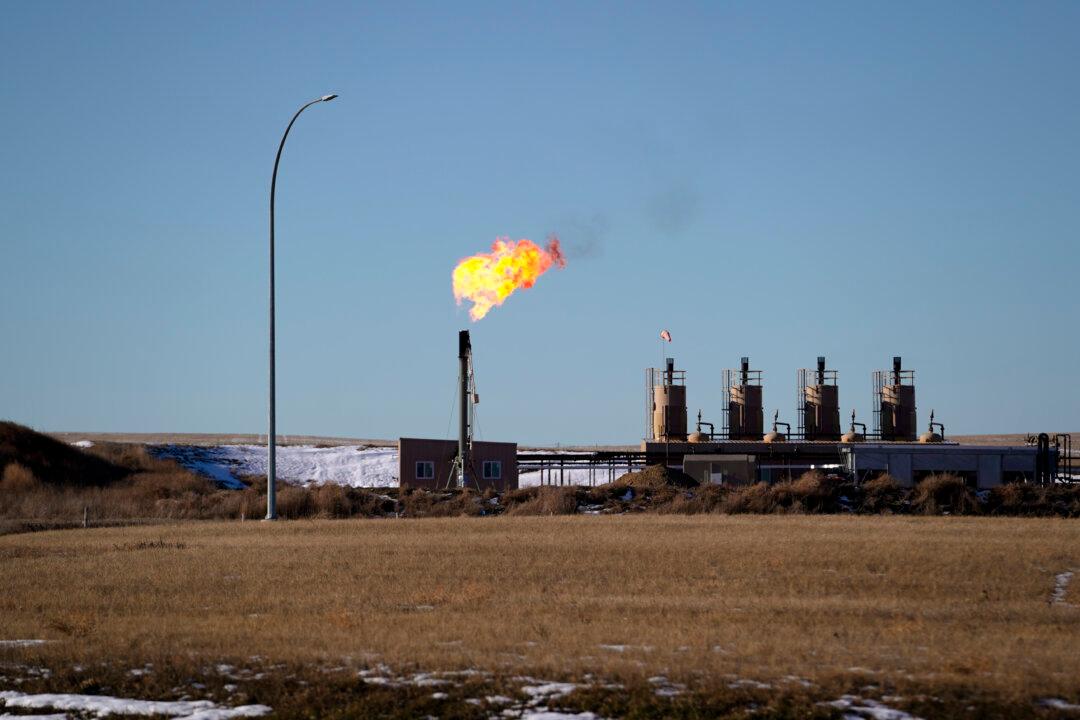The Senate Energy and Natural Resources Committee has adopted a permitting reform bill that seeks to accelerate electric grid expansion, restrict litigation and trim timelines for energy and mineral mining proposals.
The panel passed the Energy Permitting Reform Act (EPRA) on July 31 with a 15–4 vote. After Congress returns from its August recess, it will go to the Senate floor for a chamber vote.





